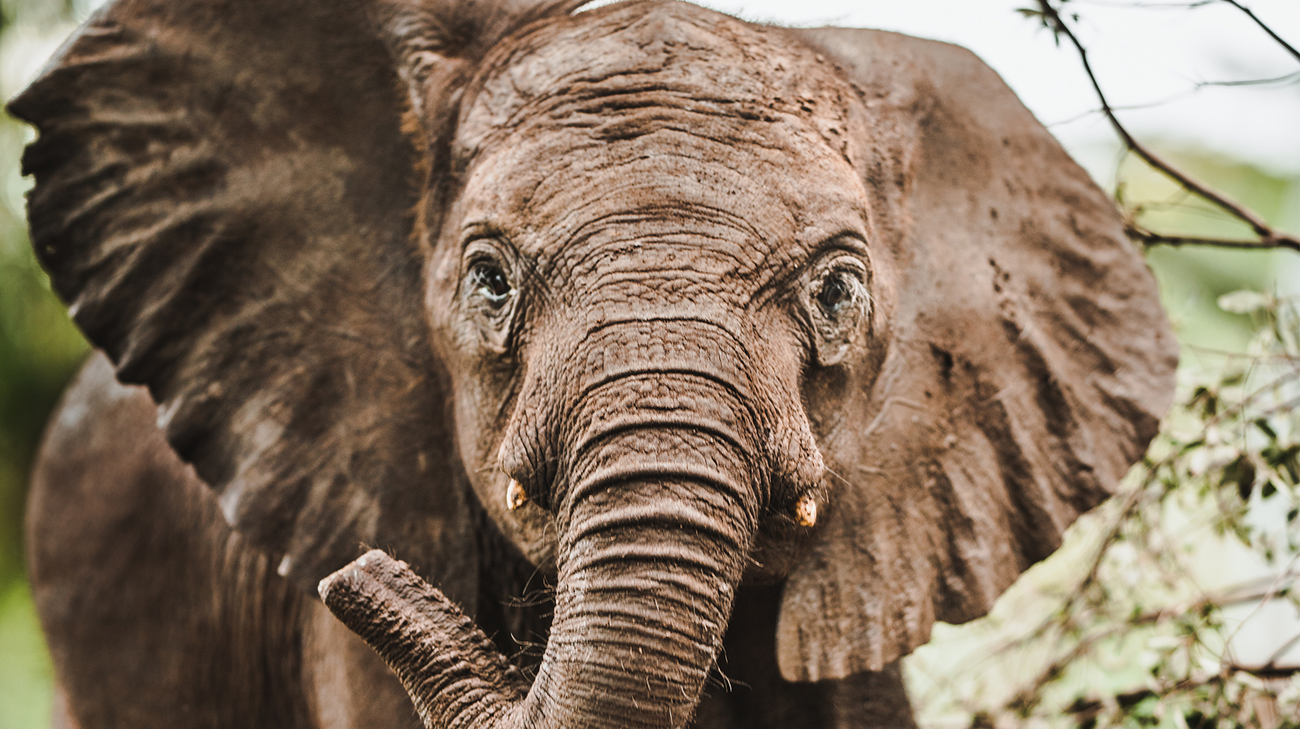a historical moment for the ZEN Project: Tulku and Mfana join a wild herd
a historical moment for the ZEN Project: Tulku and Mfana join a wild herd

On the 12th of May, the ZEN Project reached a milestone we have all been striving towards for the past five years – Tulku and Mfana returned to the wild with a large breeding herd of wild elephants.
Mfana joined the ZEN herd in January 2018. Throughout his rehabilitation, Mfana grew to develop trust with other elephants and gained a newfound confidence that would be crucial for rewildilng. Similarly, since joining the herd, Tulku transformed into a trusting, kind elephant with a touch of mischievousness.
During the night of 12 May 2019,Tulku ,Mfana, Matabele, and Nora left the bomas and ventured out into the dark night. During this time, a huge group of wild elephants were foraging around the boma and swimming at the pan, in front of the camp.
After an hour in the bush with the wild elephants, Nora and Matabele returned to the bomas on their own accord Tulku and Mfana joined the herd and still remain with them at large.
Since then, the team of rangers has been tirelessly patrolling the area in our vicinity as well as the long unfenced boundary with Zambezi National Park. To date, no evidence of juvenile elephants have been reported alone and so we believe they have stayed closely within the wild herd, since they left. Helicopter surveillance was carried out on two occasions, with our Lead Handler on board (Paradzai Mutize). Out the helicopter window, the team spotted the breeding herd – and with wild elephants was Mfana.
The elephant herd, which we believe to be a grouping of breeding herds and big bulls, consists of more than 70 individuals.
Tulku has been sighted on three separate occasions at the Kalisosa Pan by members of the ZEN team. Each time the sighting has been in the early evening /night so we are still waiting on a clear photograph. On every occasion, he was seen in the company of the breeding herd, with many babies and adolescents. We believe Mfana has deeply assimilated into the herd thanks to his previous close relationships with Nora and Annabelle, the older cows at ZEN.
Interestingly, neither Mfana nor Tulku have tried to seek the company of humans or artificial food. And they have yet to leave the breeding herd. This independence shows that the protocols of the ZEN project have been successful, in terms of not creating reliance on humans.
These protocols, coupled with a hands-off approach to management, have allowed the elephants to become independent more quickly and hence be able to safely return to the wild. The “interaction zone”, developed by the ZEN team has also worked incredibly well, in that the ZEN elephants have been able to become familiar with the wild elephants over time, from a place of safety. This has allowed them to gain confidence and build relations with wild elephants.
This moment is the culmination of five years of incredible collaboration, working tirelessly, often under extremely difficult conditions, to prepare these orphaned and injured elephants to be able to return back to the wild. It has been an emotional journey and we are filled with pride and joy at seeing these elephants return to the wild.
ZEN is an elephant rescue, rehab and release project in Zimbabwe. We rescue elephants, give them a future in the wild, and will continue to secure the lives of the wild elephant populations.
Special thanks to International Fund for Animal Welfare for the belief in the vision, unwavering support and their strong commitment to the future of the ZEN elephants and the countless other animals that call Panda Masuie home. The ZEN Project, a collaboration between Wild is Life and IFAW, continues to break boundaries and innovate new methods of conservation and animal welfare to safeguard the future of elephants and other animals.
Further thanks to ZimParks and Forestry Commission for the support and the strong belief and commitment to this innovative and ambitious project.
Related content
Every problem has a solution, every solution needs support.
The problems we face are urgent, complicated, and resistant to change. Real solutions demand creativity, hard work and involvement from people like you.